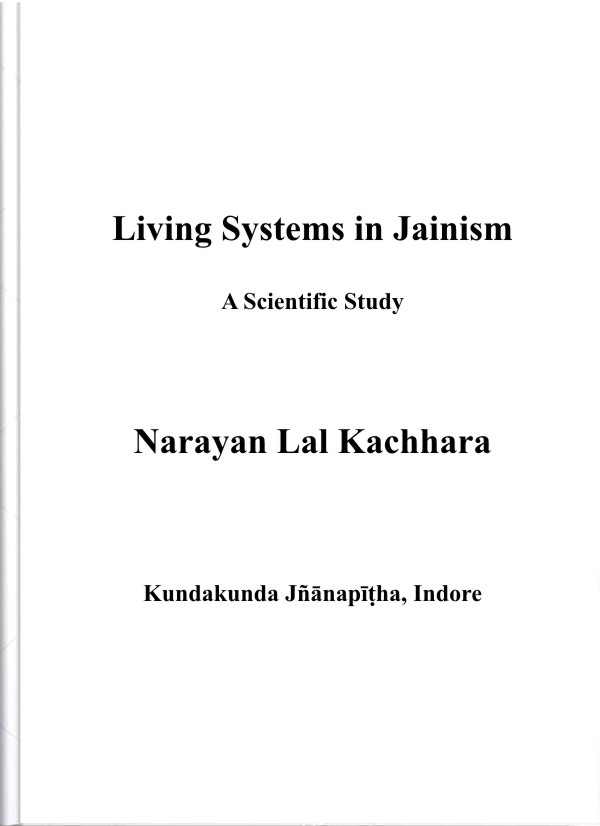Instinct is irrational knowledge that occurs without the assistance of the sense organs or the mind; it constitutes activity resulting from unlearnt habits. This knowledge is gained by the ksayopashama of karma. Instincts exist in all kinds of beings, from one-sense organisms to human beings. Organisms without a mind, i.e. that are irrational, experience pain and pleasure through the physical body. Organisms with a mind, i.e. rational, have experiences through both the body and the mind. Some instincts may have a small knowledge component, but they are primarily habit-oriented. Instincts become less effective in the life of a rational being with the development of knowledge. With spiritual advancement and the eradication of karma, activities become more and more knowledge-centered; in the kevali state, when all psychical karmas are eliminated, instincts cease to exist.
There are ten main instincts:
- Food instinct (Aharasamjna). This is produced by the rise of feeling-producing and deluding karma. By this instinct, the organism searches for food. Food instinct is aroused by (a) hunger, (b) sight of food, or (c) thought of food.
- Fear/Defense instinct (Bhayasamjna). This is produced by the rise of deluding karma. By this instinct, the organism undertakes defensive or offensive actions. Fear instinct is aroused by (a) the feeling of insecurity, (b) the sight of enemy or predator, or (c) the thought of fear.
- Sex instinct (Maithunasamjna). This is produced by the rise of deluding karma. By this instinct, an organism engages in sexual activities. Sex instinct is aroused by (a) metabolic and chemical activity in body; (b) reading, viewing or listening to sex-related material; or (c) the thought of sex.
- Possession instinct (Parigrahasamjna). This is produced by the rise of deluding karma. By this instinct, the organism is encouraged to store items of need or imaginary need. Possession instinct is aroused by (a) scarcity, (b) knowledge of availability and unavailability of goods, or (c) the thought of possession.
- Instincts of Anger (Krodha),
- Ego (Maana),
- Deceit (Maya)
- Greed (Lobha). These instincts are also produced by the rise of deluding karma.
- Sensation instinct (Oghasamjna). This is instinctive knowledge attained at the level of special sensation, without the involvement of the senses or mind; it is the knowledge that occurs through subtle vibrations. By this instinct some organisms can pre-sense events, such as earthquakes.
- Instinct of popular belief (Lokasamjna). This is a kind of instinct through which a specific sensation occurs on the perception of the object by the sense organs. By this instinct, a person follows the popular beliefs prevalent in the community without questioning.
Three more instincts are also recognized in Jaina texts:
- Hetuvadopadesiki. The instinct of making propositions in which examples, cause and logic are used.
- Dirghakaliki. This instinct consists of the cognitive faculty of mind through which the soul is capable of prolonged (and linked) contemplation of the past, present and future.
- Samyagdristi. The instinct of having faith in the truth.
Besides the above, there are three kinds of aspirations (aishanayen) that also fall into the category of instincts.
- Aspiration to live
- Aspiration for wealth
- Aspiration for offspring and their welfare
 Dr. N.L. Kachhara
Dr. N.L. Kachhara
